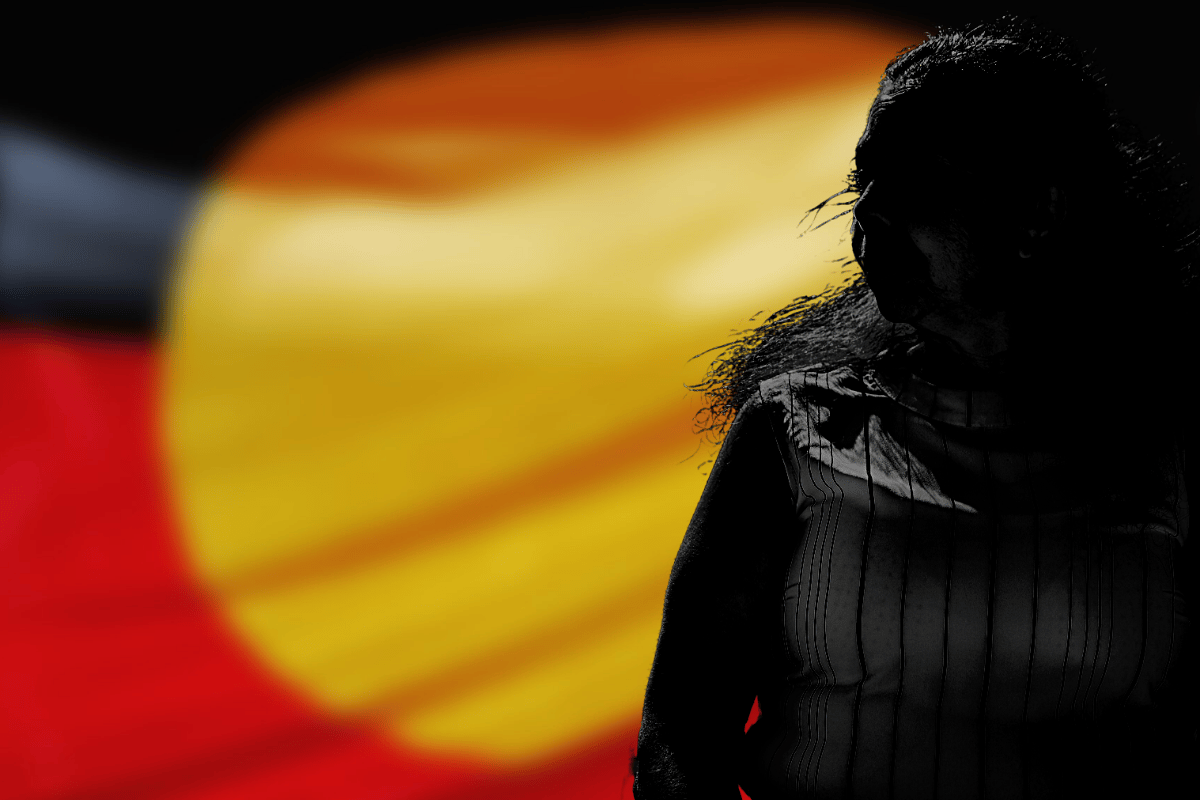
At Mamamia, we have a year-round commitment to highlighting the epidemic of domestic violence in Australia. During May, Domestic Violence Prevention Month, we will not only raise awareness of the personal impact of violence, but do our best to ensure victims have access to help, and encourage those who abuse to take responsibility and seek help for their behaviour.
WARNING: Aboriginal and Torres Strait Islander readers are advised that this article contains the names of people who have passed.
This post also deals with domestic abuse and might be triggering for some readers.
Violence against women in Australia is an epidemic.
Every single week in Australia, one woman is killed, murdered by her husband or intimate partner.
Hannah Clarke, Michelle Darragh, Kelly Wilkinson.
Their names are heard; they are said out loud. There are marches, vigils.
This domestic violence epidemic is a vivid reflection of our patriarchal society with deeply entrenched power structures that support inequality on the grounds of gender, race and social class.
And so for Aboriginal and Torres Strait Islander women, family violence is not just gendered, it's racialised.
Watch Women And Violence: The Hidden Numbers. Post continues after video.

Top Comments